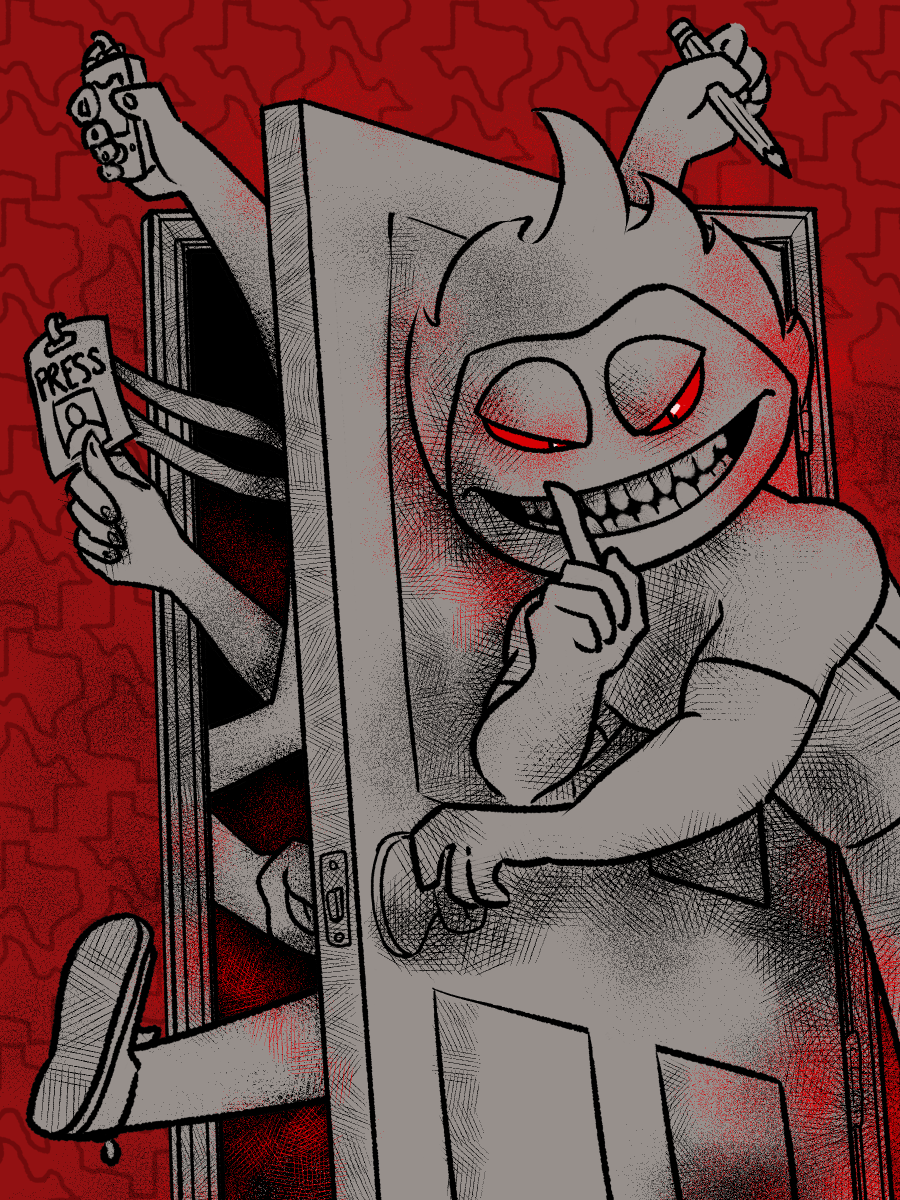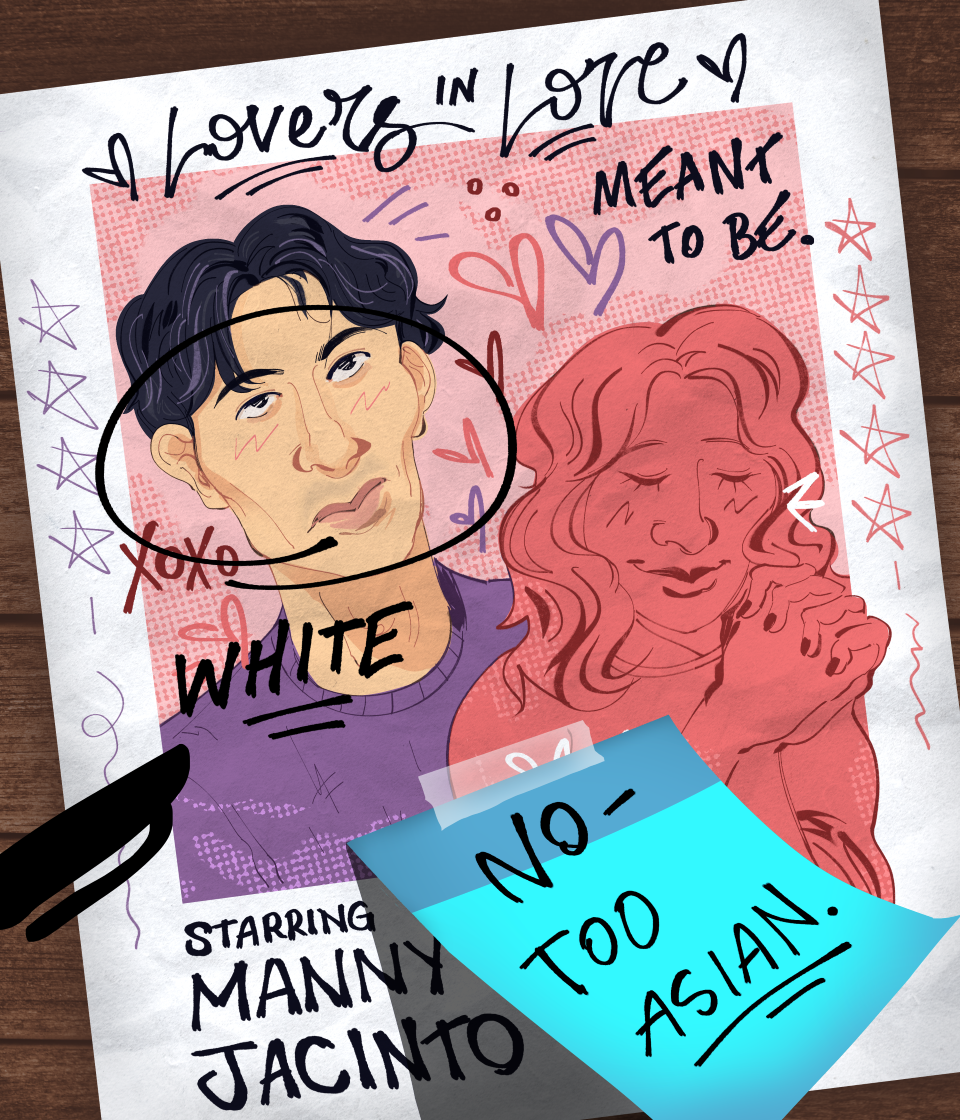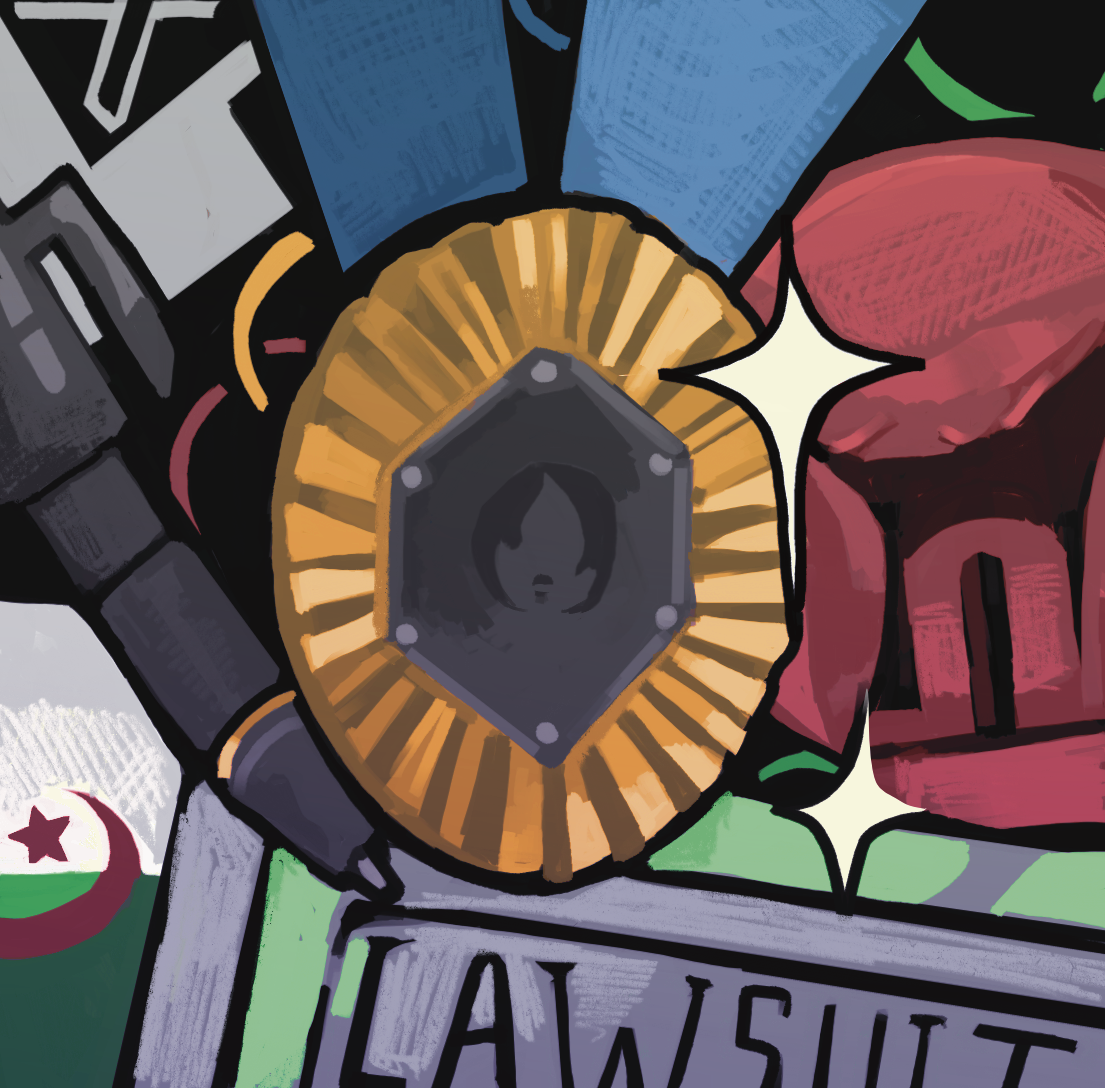Discussions about artificial intelligence’s role in our society are becoming inescapable as we grow more accustomed to its presence. The AI doomers, what I like to call those who fear the death of humanity thanks to highly intelligent and superior computerized robots, always make the same points about the harm that AI can do. However, AI isn’t a threat to humanity — we are. “Alien: Romulus,” the ninth film in the “Alien” franchise, encapsulates our sinister misuse of AI for personal gain and corporate interests at the expense of others.
“Alien: Romulus” follows a group of young space colonists in search of a better life. The group consists of siblings Rain and Andy alongside Tyler, Kay, Navarro and Bjorn. They detect an abandoned space station and scavenge it for fuel to get to the planet Yvaga. As they explore the abandoned space station, they encounter threatening life-forms on the ship, and it is Andy’s job to take care of them.
Andy, unlike the rest of the group, is not human. He is a synthetic human — think Arnold Schwarzenegger’s “The Terminator.” Essentially, he is AI programmed by Rain’s dad as a surrogate brother for her. He is coded to protect her at all costs, even when Rain hides the truth from him: that Andy would not be able to join his sister in Yvaga because the planet does not let synthetics in. Rain uses Andy, her AI-humanoid brother, for her personal gain, inviting him solely because of his ability to override the abandoned space station’s computer security system even if it means leaving him behind.
Although Andy is an android, he expresses some semblance of human emotion. He recognizes that the group is using him, but because it is encoded in him to protect Rain and by extension her friend group, Andy pushes away any confusion about how he must feel about Rain’s betrayal by omission. A trope uncommon in the AI genre, Andy is an older AI model — he is simple-minded and primitive in the tasks he can do, and for a robot, he is weak. And yet his furrowed brows, the sheepish smirk, the avoidant eyes all point to an AI that can feel. He was taught to feel for Rain at his own expense. In the Andy-Rain sibling relationship, Rain gains a surrogate brother and protector. Andy gets nothing.
Andy’s character shows the intelligence of artificial intelligence; it can learn the one thing that people fear the most — human emotions. We all know how severely emotions can overtake the logical mind: how anger can make us violent and irrational, or how sadness can make us see the world blue. On the other hand, emotions like joy, excitement and love can make us feel elated, like we’re on top of the world. This is what makes us so afraid of the intelligence of AI, and the space colonists of “Alien: Romulus” also fear that. Unfortunately for them, their fear rings true.
Aboard the abandoned space station, the colonists meet Rook, a synthetic human and science officer left behind by the station’s crew. Although Andy was made to be a protector and prioritize Rain’s best interest, his code changes as Rain inserts Rook’s chip so Andy can have access to a restricted area of the station. Unlike Andy, Rook is a newer AI model coded to do what’s best for the Weyland-Yutani Corporation — a corporation willing to sacrifice humanity for monetary gain. Rook is a robot void of any emotion. Everything is done in the interest of the company, not humankind.
Andy goes from a timid and gentle android to an emotionless machine. Even though he was coded to protect Rain, Rain would often stick up for Andy and protect him. With the introduction of Rook’s chip, Andy becomes like Rook.
This absence of emotion makes Andy heartless, disregarding the safety of Rain’s friends and ultimately the safety of Rain, too. The threat the characters face doesn’t come from Andy’s artificial ability to register emotion, but instead it comes from the lack of true emotion in Rook, a danger we will have to contend with as AI becomes more indispensable in our world.
Artificial intelligence is created and embedded by human hands, meaning we are in control of what they can do. AI is only dangerous if we teach it to prioritize corporate interests instead of humanitarian ones, or if we create it without care and respect for human emotions. Contrary to those who fear AI becoming “too humanlike” because they think humanness will corrupt them, it is human sentimentality and care that will redeem them.






